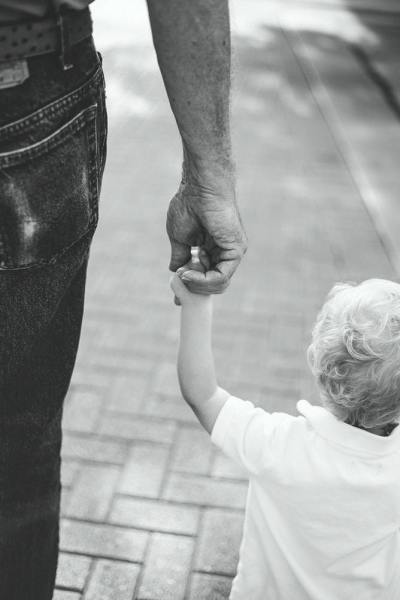Gay adoption battles keep children parentless, experts say

When the government fights to make Catholic charities offer adoption to homosexual couples, children lose, adoption advocates recently argued.
Christian adoption agencies make the vital connection between children without parents and parents seeking adoption. Catholic adoption services alone connected over 82,000 children to families from 2008 to 2016, a Heritage Foundation report said. But these agencies come under attack from the government because they don’t place children with homosexual couples, Paul Mulligan, president and CEO of the Catholic Charities Community Services Arizona said at a virtual adoption event Monday.
“Christians believe that marriage is between a man and a woman not because the church doesn’t love same-sex attracted, gay, lesbian, you name it, but because there’s really a fundamental belief that children have a natural God-given right to a mother and a father,” he said.
Today, approximately 424,000 children drift in the foster care system. Roughly 20,000 leave the system every year without ever finding a family, according to ifoster.org. Those who leave normally face poverty, joblessness and desperation alone.
In 2018, the government of Philadelphia, Pennsylvania, stopped referring children to Catholic Social Services because the group would not certify same-sex couples as foster parents.
The city urgently called for 300 new foster families shortly before it ended its relationship with Catholic Social Services and Bethany Christian Services for not placing children with same-sex couples.
Because of Philadelphia’s decision, thousands of orphaned or abused children missed the opportunity to find a loving new family, Mulligan said. Most adoption agencies have no problem with placing kids in homes with same-sex parents, but the ones that do should be able to continue their important work.
“If we’re sidelined, that’s going to be a pretty tough deal. At the very least there is a compromise position,” he said.
The Supreme Court recently heard the case from Catholic Social Services in Philadelphia and will soon provide a ruling.
“These are real kids living in our own cities throughout the country,” said Kathryn Jean Lopez, National Review’s editor-at-large and discussion moderator.
Arizona representative David Schweikert said during the virtual event that the foster care system has sometimes prioritized the rights of parents over the rights of children.
He noted that low birth rates might negatively impact adoption, with older couples who want to be parents becoming desperate to have children. Often, he said, they can adopt for the wrong reasons.
“Are we going to see more bad actors pop up in the adoption world because of a sense of desperation of those parents? That’s a genuine concern,” he said.
Schweikert, whose father was adopted, is also an adoptee. He has an adopted daughter as well.
Getting an adoption can be a heartbreaking collision between bureaucracy and children, Schweikert said.
“My wife and I spent almost a decade trying to adopt. It’s very hard,” he said. “As soon as we gave up, the phone rang in the middle of the night. A doctor friend had delivered a little girl and [her mother had] put her up for adoption at the last moment.”
Despite the difficulty, he and other adoption advocates found joy in adoption and a purpose in saving children from fatherlessness.
Mulligan stressed, “These kids did nothing to deserve this. They’re not bad kids. They walked into a horrible situation, and it’s one that so many of us don’t even consider. We didn’t worry about where the next meal was coming from or where we were going to sleep tonight. That’s not acceptable, I don’t want anybody to go through that.”
Sharen Ford, Focus on the Family’s director for foster care and adoption, highlighted on Monday that whether foster children find homes depends on families, churches and local communities, said. Adopting or fostering a child requires the help and support of a wide network of people, she said.
To support children without parents, churches can pray for, advocate for and collaborate with foster families, she noted. By doing so, they can make an enormous difference. It would also help foster children for governments to stop disputing over the faith of adoption agencies and start letting them work, she maintained.
“It would be a wave of love, a wave of welcoming, a wave of permanency for kids,” Ford said. “Everybody’s called to do something. Everybody’s not called to foster or adopt.”



























